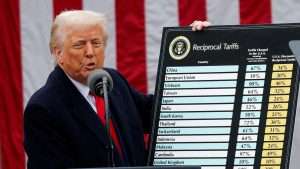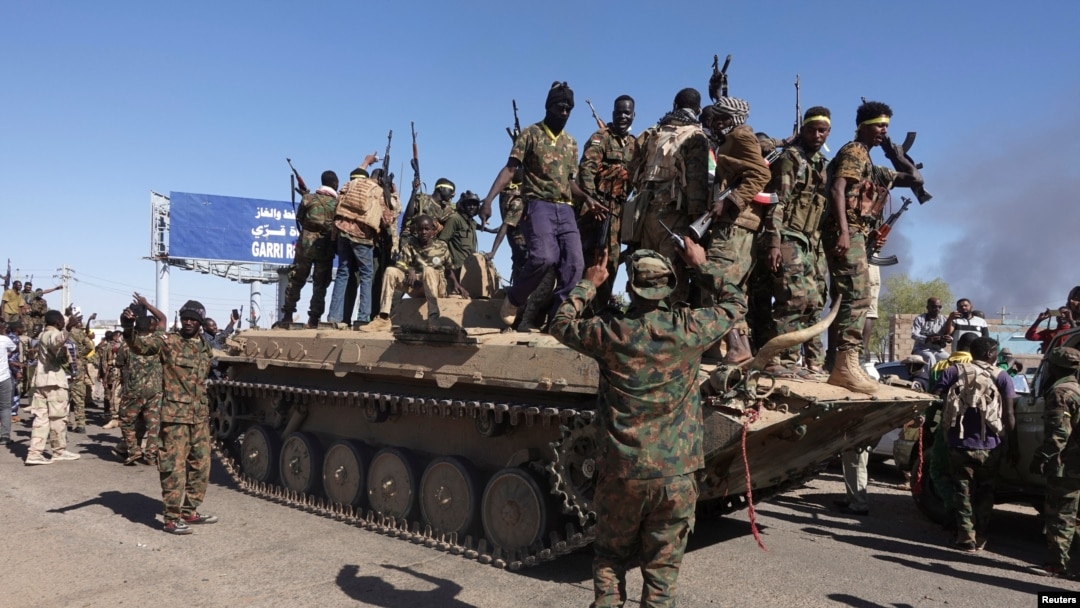Shimukunku Manchishi: Africa’s response to US tariffs

US President Donald Trump’s misnamed “reciprocal” tariffs represent a major shift in American trade policy, replacing the multilateral approach that has guided US strategy for decades with a bilateral model focused on country-by-country negotiations.
Although these tariffs were presented as being directly proportional to the barriers other countries allegedly impose on US goods, they were in fact based on an unusual – and widely criticized – formula. The administration calculated each rate by taking the US trade deficit with a given country, dividing it by the value of that country’s exports to the United States, and halving the result. This produced a wide range of tariffs, from 10% to 50%, many of which have been repeatedly revised – and often for reasons having nothing to do with bilateral trade balances.
The administration’s approach has hit poor and least-developed countries particularly hard. Consider Lesotho. For decades, successive US administrations helped the country develop an export-oriented apparel industry through the African Growth and Opportunity Act, creating roughly 40,000 jobs. In 2024, Lesotho exported goods worth $237 million to the US, yet imported only about $2.8 million in American goods, largely due to its landlocked status and reliance on the Southern African Customs Union.
Under the Trump administration’s formula, this trade imbalance translated into one of the steepest tariffs imposed on any country. Although the initial 50% rate was later reduced to 15%, it still poses a serious threat to Lesotho’s economy.
Trump’s tariff regime is not just punitive and counterproductive. It also undermines US commitments under World Trade Organization rules and strikes at the heart of the multilateral trade system.

Africa finds itself in the crosshairs, with economies across the continent facing grave consequences. South Africa’s automotive industry faces sharp export declines and potential job losses, while agricultural exporters such as Côte d’Ivoire, Ghana, and Kenya are highly vulnerable to tariff-driven trade disruptions. In Mauritius and Madagascar, textile producers could see their industries collapse.
The views expressed in this article belong to the author and do not necessarily reflect the editorial policy of Maghrebi.org. Shimukunku Manchishi is Senior Policy Officer at the African Future Policies Hub. Copyright, Project Syndicate
If you wish to pitch an opinion piece please send your article to grace.sharp@maghrebi.org.
Want to chase the pulse of North Africa?
Subscribe to receive our FREE weekly PDF magazine














